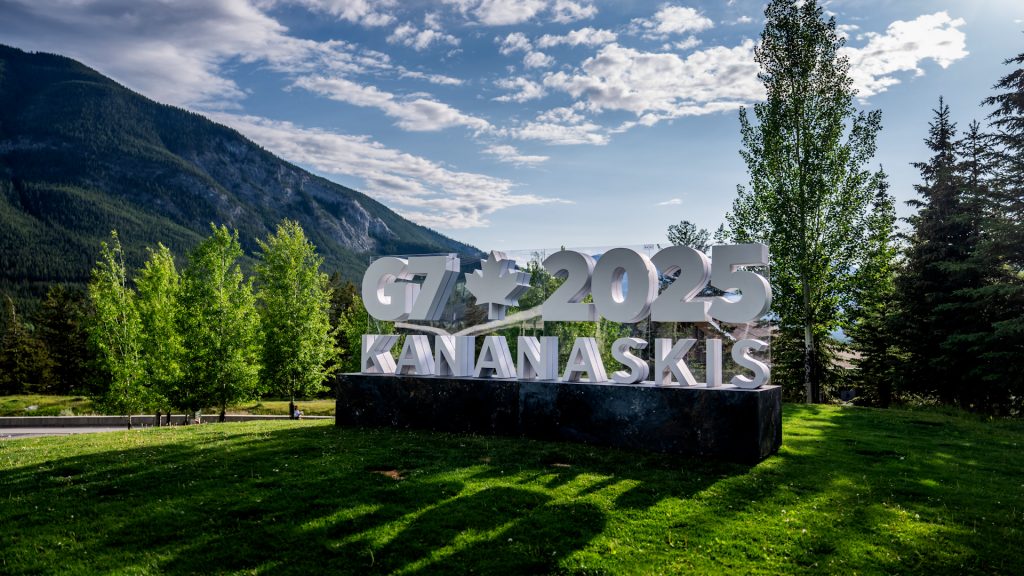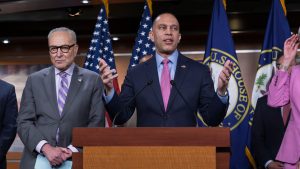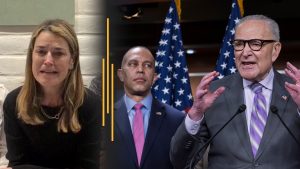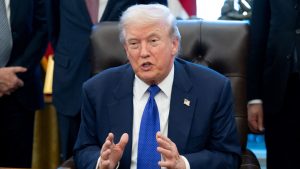G7 2025: World leaders confront war, trade tensions in Alberta

Leaders from the Group of Seven nations opened their annual summit Monday, June 16, in Kananaskis, Alberta, amid rising tensions over global trade and ongoing wars in Ukraine and the Middle East. Canadian Prime Minister Mark Carney is hosting the summit, which includes leaders from the United States, the United Kingdom, France, Germany, Italy and Japan.
The summit comes as President Donald Trump ramps up tariffs and takes a go-it-alone approach to foreign policy. Leaders are tackling trade tensions, surging oil prices and the escalating conflict between Israel and Iran.
How is Trump’s presence shaping the summit?
Trump arrived in Calgary on Sunday, June 15, and is scheduled to hold bilateral meetings with Canadian Prime Minister Carney, Mexican President Claudia Sheinbaum and Ukrainian President Volodymyr Zelenskyy.
Leaders are wary of a repeat of the 2018 G7 summit in Quebec. At that summit, Trump withdrew U.S. support for a joint statement after departing the meeting. To avoid similar fallout this year, Canada has opted against issuing a joint statement and is instead preparing a chair’s summary and six topic-specific declarations to reduce the risk of disagreement.
According to Reuters, Trump’s tariff policies, including a 10% baseline tax on most imports and targeted tariffs on allies like Japan and Canada, are contributing to strained relationships within the bloc.
What are the key geopolitical issues?
The summit takes place just days after Israeli airstrikes on Iran, which triggered a surge in global oil prices. French President Emmanuel Macron said June 15 that the U.S. could help restart diplomacy with Iran due to its influence over Israeli military decisions.
Meanwhile, Trump’s recent call with Russian President Vladimir Putin has drawn concern from European diplomats, some of whom criticized the idea of Russia playing a mediation role.
Zelenskyy and NATO Secretary General Mark Rutte will attend Tuesday’s session as European officials urge the U.S. to take a stronger stance against Russian aggression.
Is the G7’s future at risk?
There’s growing uncertainty about the long-term relevance of the G7. The Trump administration has sent mixed signals about whether the president will attend the G20 summit in South Africa later this year.
Analysts warn that weakening consensus and unilateral policies may erode the G7’s role as a unified forum for democracies. Additionally, reluctance to endorse shared commitments could further diminish this role.





